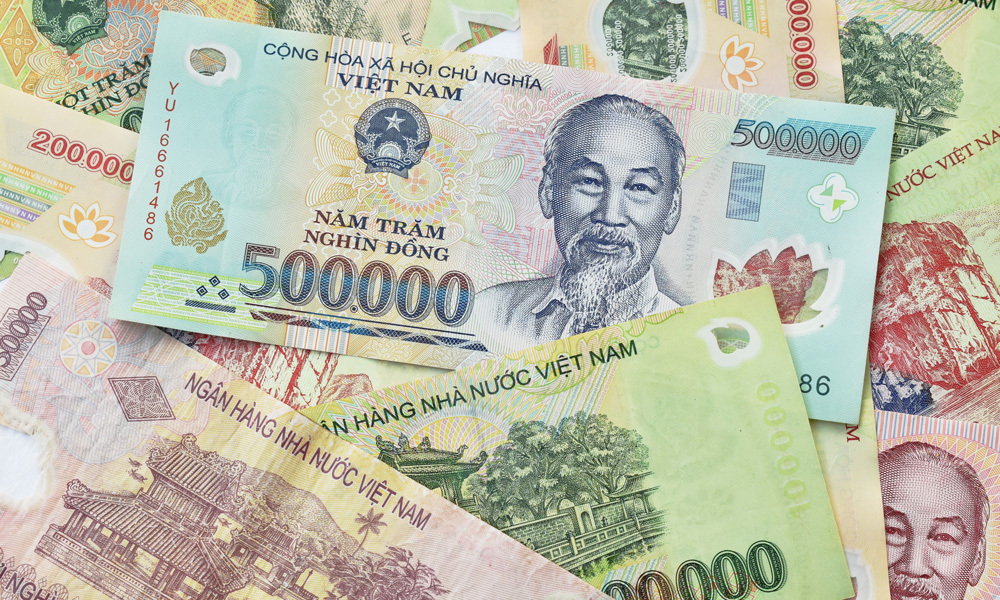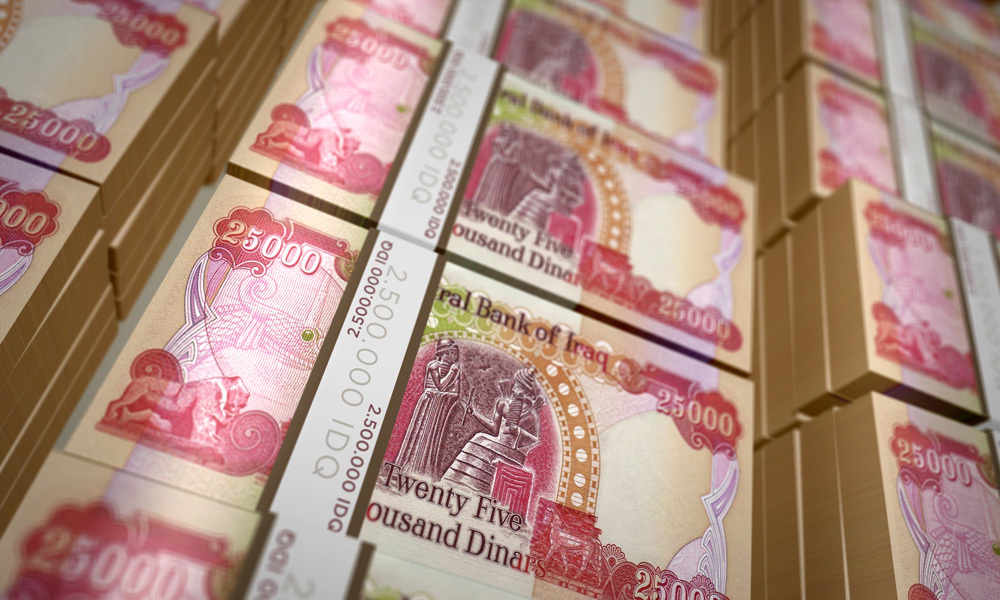One of the fastest and easiest ways to ruin a rare a coin is by sticking it in silver dip cleaner or rubbing it with something abrasive, like silver polish. For that reason, most coin collectors will advise you not to clean your collectable coins. Improperly cleaning coins will reduce their monetary value—some by up to 50 percent.
However, there are certainly some instances in which dirty coins can benefit from a good cleaning. For example, if you are giving a child their first collection it’s probably a best to clean the coins the first. Coins found in circulation tend to be very unclean and carry many germs. And these coins most likely have little to no value. Cleaning coins is also acceptable when they have such a build-up that cleaning will actually increase their value.
Soap and Water
Having said that, cleaning your coins is as simple as using soap and water. A mild detergent and warm water will adequately remove dirt and grease from the coin without damaging it. Never purchase metal cleaners offered in stores and on TV. These cleaners contain harmful chemicals that can remove some of the surface metal during the cleaning process.
Olive Oil
However, if coins are heavily encrusted, soaking them in olive oil for an extended period of time can help. The oil will eventually dissolve the crust without damaging the coin. After cleaning coins, you should rinse them with distilled water. Tap water can have chlorine in it, which can discolor coins. Lastly, allow coins to air dry or gently them down. You should never rub coins, even with a soft cloth.
Toning
Discoloration on silver coins is called tarnish, or “toning” as collectors call it. Toning can range from black to many of the rainbow colors. Do not remove toning from coins; some collectors will actually pay a premium for nice looking toning.
For the most part, cleaning coins is NOT recommended. While lower-grade coins may benefit from a cleaning, higher-grade coins should be left alone. If you feel that your coin may be valuable, consult with a professional coin collector before cleaning. And lastly, never purchase coins that have already been cleaned. These coins will not appreciate as quickly as coins that have been left unclean.
Gary Dyner is the owner of Great American Coin Company. Connect with him on Google+.


